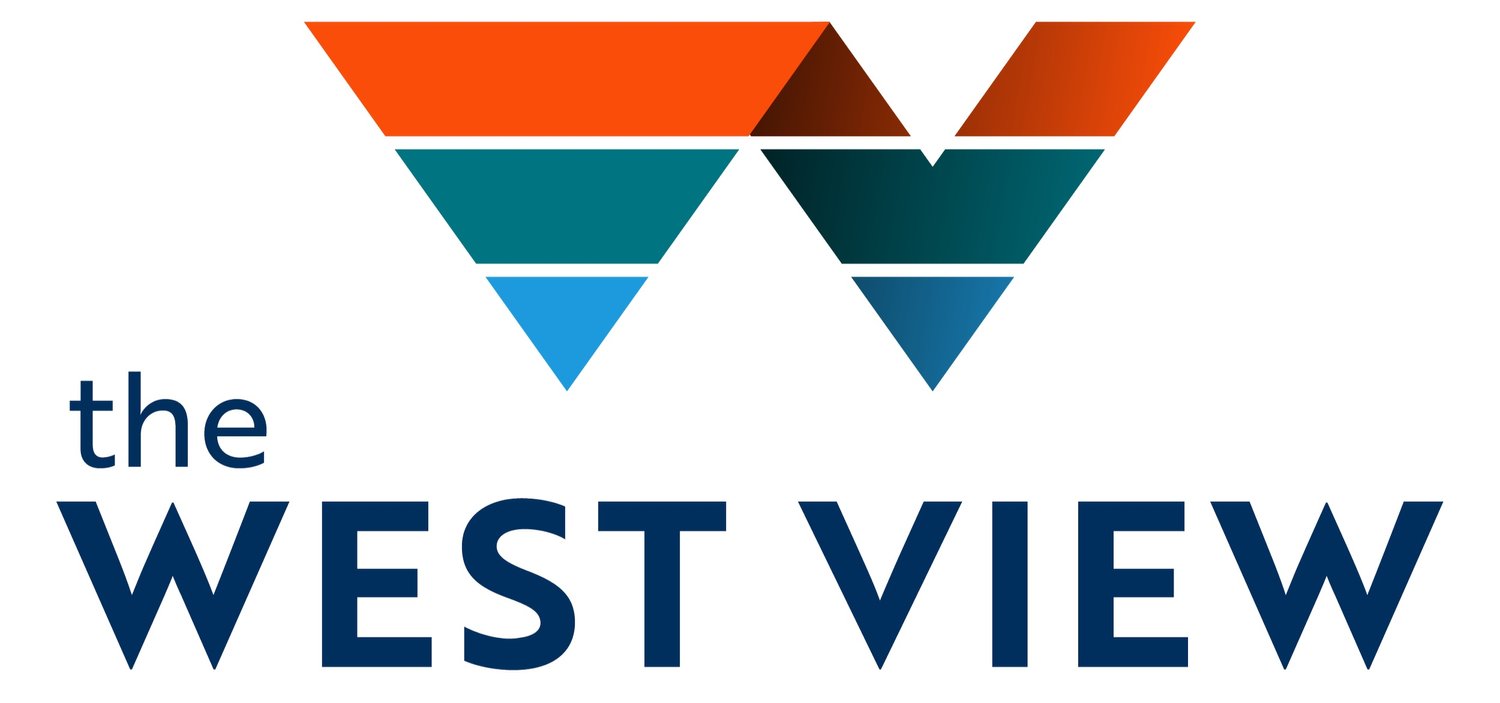Op-ed: Reimagining solutions to the housing affordability crisis
Op-ed: Social housing provides an affordable, community-owned alternative to profit-driven housing models that have created the current housing crisis in Salt Lake City.
Sign up to read this post
Join Now
